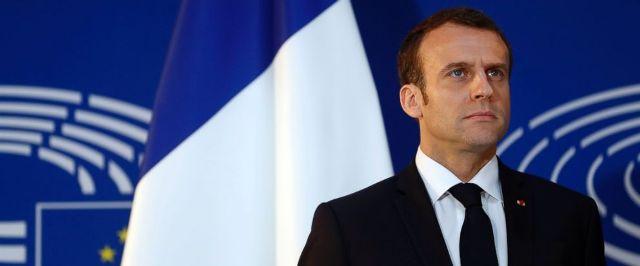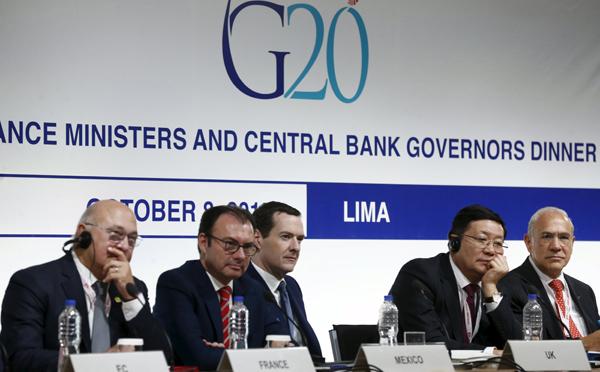You are here
Macron digital tax plan faces EU fight
By AFP - Apr 28,2018 - Last updated at Apr 28,2018

Sofia - French President Emmanuel Macron's ambitious plans for an EU digital tax targeting US tech giants faced strong headwinds on Saturday from small member states eager to defend their strong ties with Silicon Valley.
Finance ministers from the EU's 28 member states were to discuss a controversial proposal aimed at claiming a bigger share of billions of euros from mainly US multinationals that shift earnings around Europe so as to pay lower tax rates.
"It must be discussed with the Americans, because if we do this all by ourselves as the EU, this digital tax will be very ineffective," said Luxembourg Finance Minister Pierre Gramegna as he arrived for talks in Sofia, Bulgaria.
Luxembourg hosts the EU headquarters for Amazon and along with Facebook and Apple hub Ireland, is loathe to see US tech giants head for the exit.
Getting all countries on board is crucial as tax reforms in the EU require unanimity.
The special tax is the latest measure by the European Union to rein in Silicon Valley giants and could also further embitter the bad-tempered trade row pitting the EU against US President Donald Trump.
"It is not an anti (US tech giant) tax, it is not an anti US tax, it is not a protectionist approach, it is something which it is in interest of all Europeans wherever they live," said EU Economic Affairs Commissioner Pierre Moscovici, who is driving the plan.
The transatlantic shot across the bow has been championed by Macron who believes the measure would be a popular accomplishment for the EU ahead of European elections next year, in which anti-Brussels populists could do well.
The most controversial part of the plan is to slap an emergency tax on digital companies with worldwide annual turnover above 750 million euros ($924 million), such as Facebook, Google, Twitter, Airbnb and Uber.
EU members would adopt this tax unilaterally, without cooperating with the US and other countries from the OECD, the club of developed countries that has coordinated major corporate tax reforms worldwide.
"On the European level I doubt it's going to be soon because to have consensus on tax issues is not easy," said Slovak Finance Minister Peter Kazimir.
"We are ready to do it (but) on a national level ... in line with OECD recommendations," he added.
Related Articles
LIMA — The Group of 20 (G-20) major economies have endorsed a package of measures to tackle corporate tax avoidance, but questions remain ab
BERLIN — EU finance ministers were under pressure from France to impose a digital tax in Europe, with international talks involving the Unit
PARIS — US online retailer Amazon said on Monday that it has settled a major tax claim in France and will start declaring all its earnings i

















